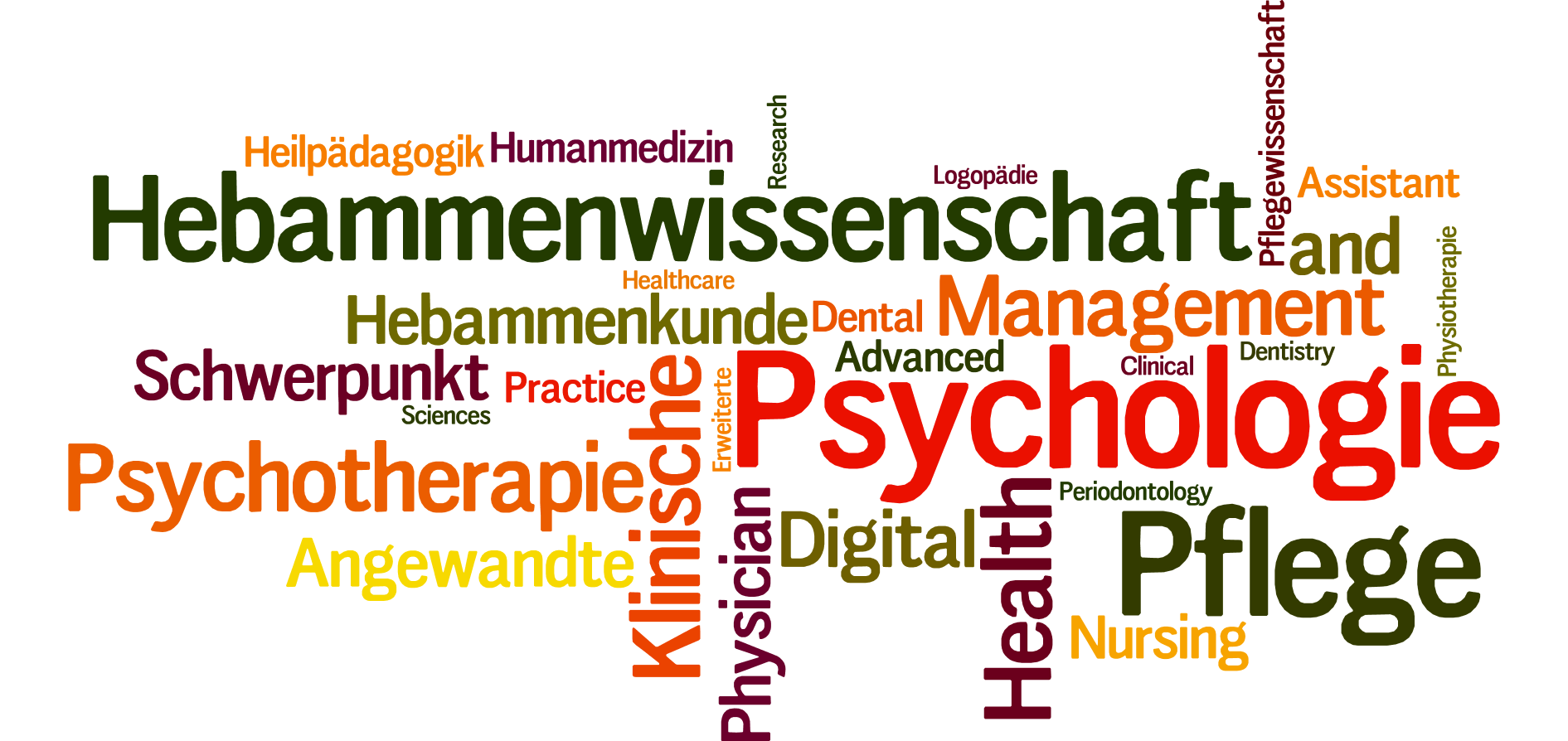
There have never been so many study options available at German higher education institutions (HEIs) as there are this year. This is the finding of an analysis conducted by the CHE Centre for Higher Education. Only one in five of the new degree programmes created since 2020 are designed in a traditional way to cover a single subject. Thematic or specialised study programmes on digitalisation and sustainability are among the trends.
The number of study options available at German HEIs has risen by 14 per cent since 2016. In early 2021, the Higher Education Compass – the information portal of the German Rectors’ Conference (HRK) that publishes information about study opportunities – hit the 21,000 mark for the first time. Five years previously, around 18,500 programmes were available.
During the investigation period from 2016 to 2021, around 2,100 existing degree programmes were discontinued and about 4,600 new ones were created. The largest percentage growth of the portfolio (an increase of 67 per cent) was seen in private universities of applied sciences. An 18 and 12 per cent reduction in the number of degree courses was recorded at faith-based and private universities, respectively.
According to CHE, the current record levels of options are not an indication of “uncontrolled growth”, as often cited in the media. There are clear explanations for the increase in degree courses. “There is nothing to indicate that the development of programme offerings is either inflationary or arbitrary,” summarised Frank Ziegele. “Particularly under the current impact of the coronavirus crisis, the creation of academic training opportunities in healthcare is a necessary evolution from which the whole of society will benefit,” remarked the CHE Executive Director.
As a result, the field of medical and health sciences is among the subjects whose portfolio has grown the most, experiencing a 26 per cent increase between 2016 and 2021. The lowest growth, at around three per cent, was recorded for degree courses offered in languages and cultural studies.
Around half of all study programmes are currently undergraduate options, i.e. leading to a first higher education degree such as a Bachelor’s degree. The majority of degree programmes are in teacher training (23%), engineering (17%) and business and law (14%).
Only one in five of the new degree programmes created since 2020 include in their title a traditional academic discipline such as “chemistry” or “physics”. More than a third have an English title.
“The trends in new study programmes in Germany continue to be interdisciplinary programmes, differentiation, and options with a focus on a particular theme,” explained Cort-Denis Hachmeister, who wrote the study. “Another remarkable development is the increase in new degree programmes in all subject areas that include the catchword “psychology” in the title. This is obviously the universities’ response to the high demand for study programmes in psychology or courses with elements of psychology, such as business psychology,” commented the CHE expert in access to higher education.
Cross-cutting issues such as the digital transformation are evident in one in ten of the newly designed study programmes, one example being Digital Engineering. The number of degree programmes that include the buzzword “sustainability” in their title is also on the rise. However, the term “management”, present in just under one in five of the new study options, also continues to be in demand.
Despite the need for diversity, however, it is important not to overlook transparency and orientation in the choice of degree programme. CHE therefore calls on HEIs to clearly reflect the specialisation in the title of the degree programme and in texts describing the programme on all channels and information portals, particularly in the case of newly launched courses.
About the study:
The analysis was based on excerpts from the Higher Education Compass of the German Rectors’ Conference (HRK) from spring 2016 and 2021. Besides assessing the relevant data, the author analysed the names of all new degree programmes launched in 2020 and 2021. The publication entitled “Die Vielfalt der Studiengänge 2021” (The diversity of degree programmes in 2021) was written by Cort-Denis Hachmeister.
Die Vielfalt der Studiengänge 2021 16. November 2021 1.79 MB 184538 downloads
Hachmeister, Cort-Denis: Die Vielfalt der Studiengänge 2021 - Entwicklung des Studienangebotes...
